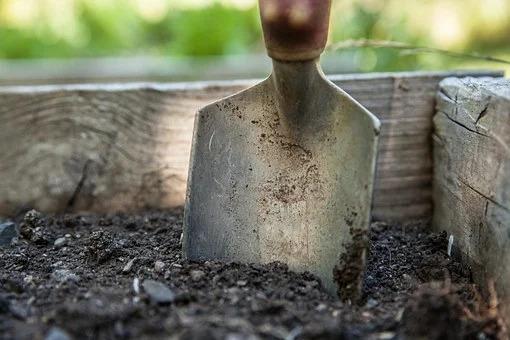
This page provides a short summary on setting up a growing project, for more detailed information please view our following guidebooks:
- Community Organising (for local food)
- Landseekers (gaining access to land)
- Landowners (making land available)
Before you start
Insurance
As a minimum, you will require public liability insurance. This covers you against costs incurred in your defence, if you are alleged to have cause injury to a member of your group. Accidents may seem minor, but they can result in a compensation claim against you. Public liability insurance is relatively inexpensive, and this should be factored in when considering your group's budget. You can find out more here.
Funding
What are your costs likely to be - both start up and ongoing? Are you renting the land? Do you need to buy any equipment or invest in facilities? It’s a good idea to map these out and identify how you might acquire these funds. You can apply for community grants to help you get started -visit our 'Funding Opportunities' and 'Growing Grant' pages. It might be useful to think up some exciting fundraising ideas to keep you going along the way.

Volunteers
Make sure you have enough hands-on-deck to ensure that no one person (i.e. you!) is left overburdened. Maintaining an allotment or garden can be quite a commitment, as can planning for the year and organising events. It's also good to have other people bring their ideas, skills and experience to the table! There's no one-size-fits-all here, but generally a community growing scheme requires 2-5 committed people to manage it effectively for the long term.
Risk Assessment
You will be responsible for the health and safety of participants and you will need to produce risk assessments for your activities and regularly review them. Your assessments will need to be specific to your site and activities, there are resources to guide you:
- Thrive - Growing for Life has risk assessment guidance and a sample risk assessment form
- RHS - Risk assessment guidance for schools and Sample risk assessment form
- Social Farms & Gardens - Health & safety on community growing sites guidance
How Spark Somerset can help you to get started
Spark Somerset provide information, advice, training and support to charities and community groups. They also offer advice to groups to access funding and also run a volunteer service, inspiring people to get involved and make a difference in their communities. For more information regarding the work of Spark Somerset, and to book place on forums and training courses please visit: www.sparksomerset.org.uk
To access their volunteering portal, in order to volunteer, or list your volunteering opportunities please visit: www.sparkachange.org.uk
Join the Grow for Good forum and Facebook page run in partnership with Spark Somerset where you'll join other like-minded people and groups from across the county who use growing and gardening to support positive change in their communities. You'll have the opportunity to learn from other groups, share your success stories, and troubleshoot challenges as a team.
General quidance
Farm Garden have created a guide for community growing projects, which explains some of the technicalities behind allotments, how to manage a community group effectively, practicalities to consider and lists some top tips from successful groups to help you.
Getting started
Make a growing plan
If you are an experienced gardener then you'll probably do this anyway, but if this isn't something you've done much of before - preparation is key! You'll need to map out what you can sow in certain months, when to harvest each crop and how to keep your community engaged throughout the year. Farm Garden have created a yearly planner here which may help you do just that.
Spread the word
Once you have everything in place and you’re ready to 'grow', make sure you start spreading the word! There are many ways to do this, and you can choose what works best for you depending on your resources and local community:
- Word of mouth
- Posters and signs
- Local businesses
- Social media
- Public events
Check out Farm Garden's guide to promotion